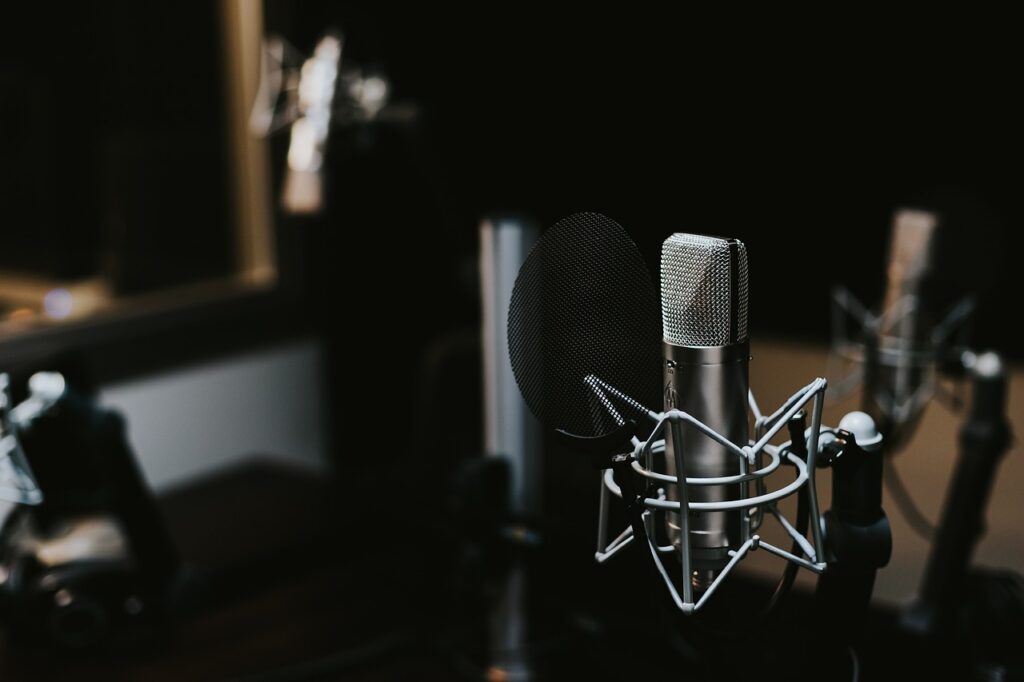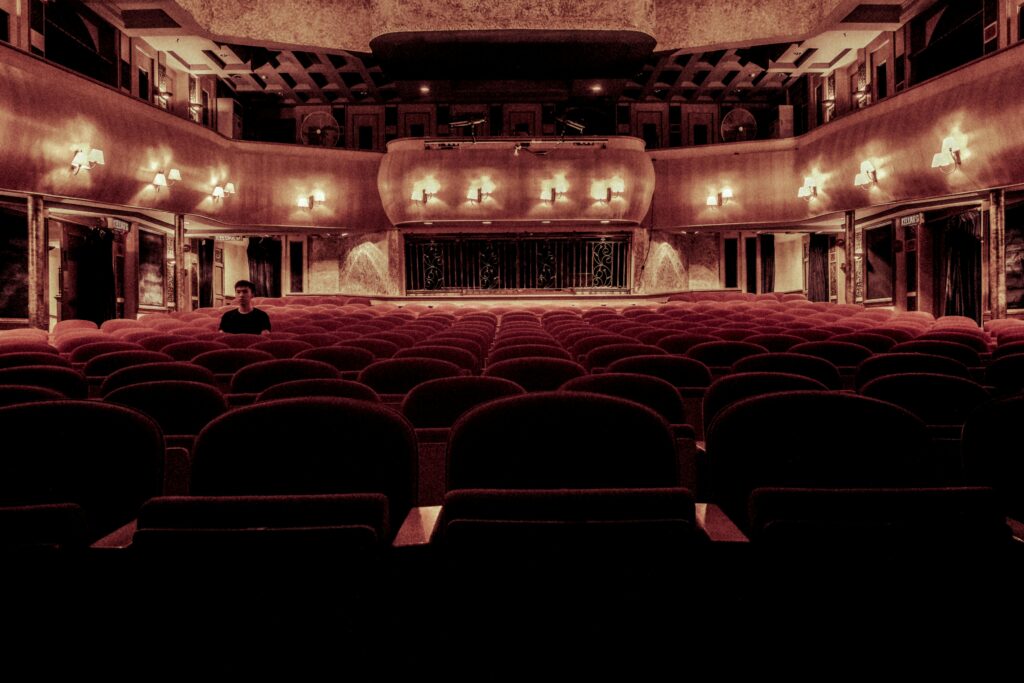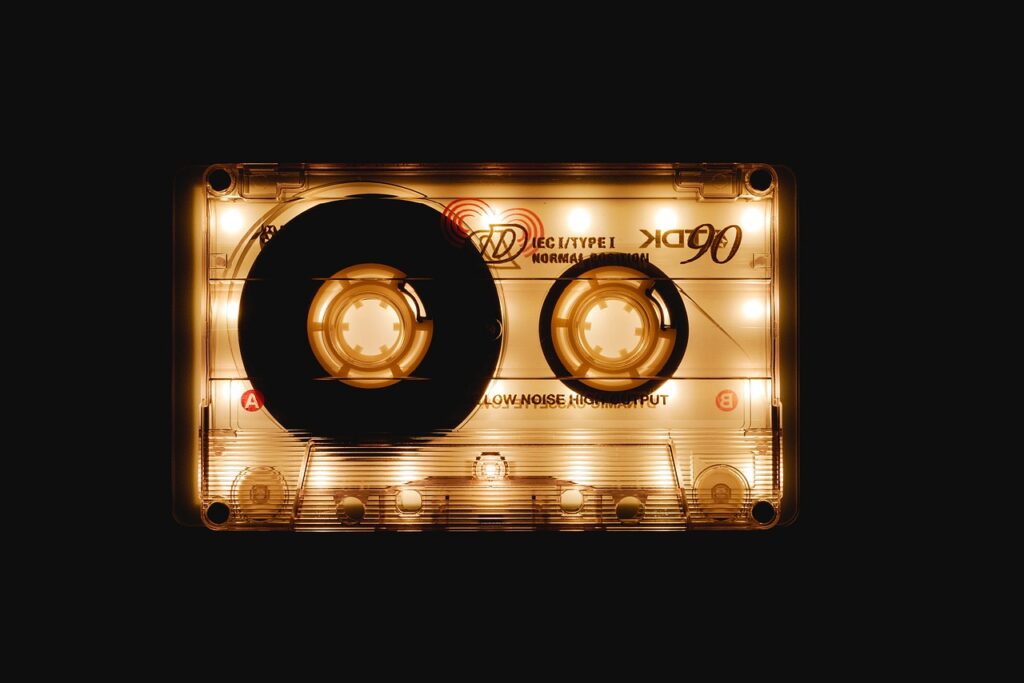A Successful Music Marketing Plan: A Step-by-Step Guide
When it comes to building a career in music, talent is only half the battle. The other half is knowing how to effectively market yourself and your music. The music industry, especially in a place like Nigeria, is highly competitive, and without a solid marketing plan, even the most incredible songs can go unnoticed. At The Plant Entertainment, we’ve seen firsthand how a well-thought-out marketing strategy can take an artist from obscurity to the spotlight. So, if you’re serious about getting your music heard by the right audience, here’s a step-by-step guide to creating a successful music marketing plan. The first step to any successful marketing plan is knowing who you’re trying to reach. Are you making music for teenagers who love Afrobeats? Or maybe your sound caters to an older crowd who appreciates jazz or highlife. Identifying your target audience is crucial because it helps shape everything else—from the way you promote your music to the platforms you use. Take some time to define your ideal fan. What do they listen to? Where do they hang out online? What kind of content do they engage with? The more specific you can be, the better. In today’s digital world, having an online presence isn’t optional—it’s essential. Your social media profiles (Instagram, Twitter, TikTok, YouTube, etc.) are the first point of contact for many potential fans. This is where they’ll get a sense of who you are as an artist, so make sure your branding is on point. Your profiles should be professional but authentic. Post regularly, engage with your followers, and showcase different aspects of your personality. Don’t just post about your music—let your audience get to know you. Whether it’s behind-the-scenes footage, snippets of your creative process, or even personal moments, your fans want to connect with the person behind the music. Dropping an entire album or EP without any build-up is a missed opportunity. A smarter approach is to release a few singles leading up to the main project. This gives you time to build momentum and get your audience excited about your upcoming release. When you release a single, focus all your marketing efforts on that one track. Share it everywhere, run targeted ads (more on that below), and engage with your audience to build anticipation for the full project. Streaming is one of the most important ways people discover new music today, so your presence on platforms like Spotify, Apple Music, Boomplay, and Audiomack needs to be strong. Make sure your music is available on all major streaming services, and optimize your profiles with professional cover art, bios, and links to your social media. You should also pitch your songs to playlists. Playlists are one of the top ways fans discover new music, so getting your song added to a popular playlist can massively increase your exposure. Some playlists are curated by the streaming platforms themselves, while others are managed by influencers or tastemakers. Don’t be shy about reaching out to playlist curators—you never know who might feature your track. While organic reach is great, sometimes you need to invest in paid advertising to boost your visibility. Platforms like Instagram, Facebook, and YouTube allow you to run highly targeted ads that can put your music in front of the right people. You can target by age, location, interests, and even by the type of music people already listen to. Start with a small budget and test different ads to see what works best. Whether it’s a teaser video for your new single, behind-the-scenes footage, or an ad driving traffic to your streaming platforms, paid ads can help you reach a wider audience quickly. Influencer marketing has become a huge part of the music industry. Whether it’s a popular TikToker dancing to your track or a YouTube personality reviewing your music, influencers can introduce your music to their loyal fanbase. When working with influencers, make sure their audience aligns with your target market. You don’t need the biggest influencers with millions of followers—a micro-influencer with a smaller, more engaged audience can often be more effective. Reach out to influencers who genuinely like your music and are excited to share it with their followers. In-person events are a great way to connect with your audience on a deeper level. If you’re releasing a new album or project, consider hosting a listening party or a live performance where fans can hear your new music. In Nigeria, events are a big deal, and they can help create buzz around your release. These events don’t have to be massive productions. Even an intimate gathering with die-hard fans or media personnel can go a long way in creating excitement around your project. If physical events aren’t possible, a virtual listening party on Instagram Live, YouTube, or Zoom can be just as effective. Email might seem old-school, but it’s still one of the most direct and personal ways to communicate with your fans. Building an email list gives you control over your audience. Social media algorithms can change or restrict your reach, but if you have fans’ email addresses, you can always reach them directly. Send out newsletters with exclusive updates, behind-the-scenes content, and first access to new music. You can also offer incentives for people to sign up to your email list, like free downloads, exclusive content, or early access to tickets for shows. Getting coverage in blogs, magazines, and radio shows can give your music credibility and expose you to a new audience. Start by identifying the media outlets that align with your style and target audience. Reach out to music journalists, bloggers, and radio hosts who have covered artists similar to you. Send them a professional press release with information about your music, along with links to your latest single or project. Make sure to keep your message concise but compelling. Media coverage can help build your profile and introduce your music to a larger audience. Collaborating with other artists is a powerful way to grow your audience. When
A Successful Music Marketing Plan: A Step-by-Step Guide Read More »







